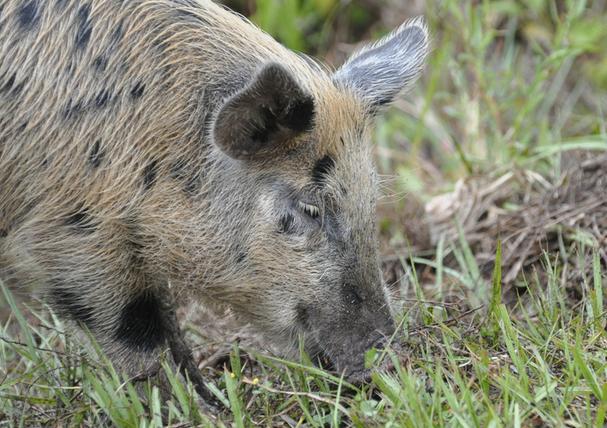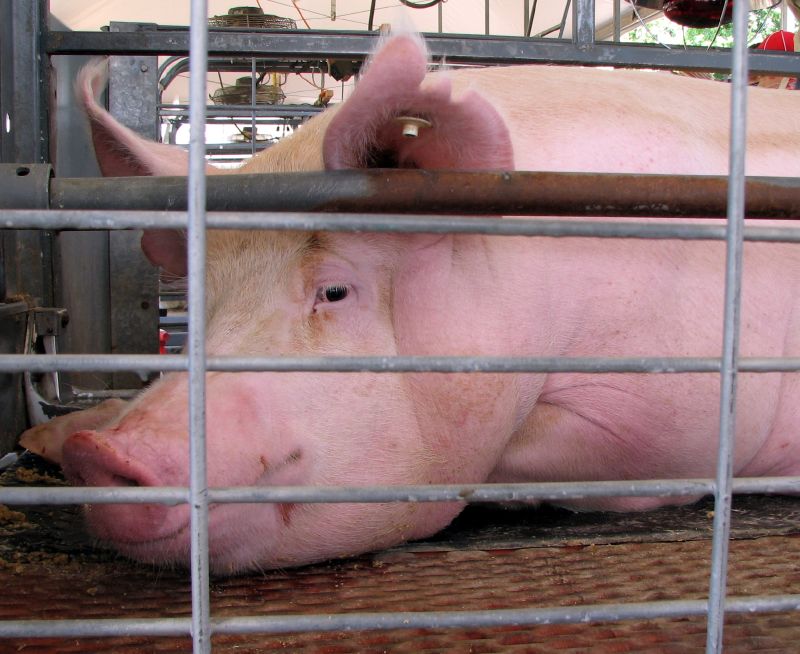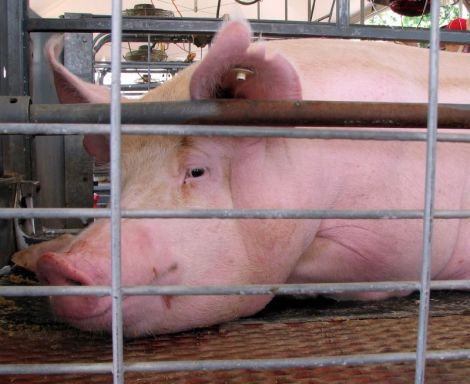Well they’ve done it. The U.S. government has signed off on a deal to sell the biggest player in the domestic pork industry to a Chinese firm, merging the two biggest pig producers in the world. The feds had held up the merger since May to determine if it might be a threat to national security. And now they’ve decided that no, foreign control of the bacon supply will not imperil our country’s integrity. You may feel differently.
And actually there are people who have real concerns. Here’s Sen. Debbie Stabenow (D-Mich.), for example, writing at Politico:
Smithfield may only be the beginning. Experts testified at a recent Senate Agriculture Committee hearing that China is watching this deal and waiting in the wings to purchase more U.S. food companies… To be sure, the purchase of one American food company does not jeopardize America’s food independence. But Smithfield is our largest pork producer — will China or other countries seek to purchase our largest poultry, or dairy, or corn producers next? Is it in America’s security interests if in a decade or two our food supply is 30, or 60, or 90 percent foreign owned?
Stabenow’s whole op-ed is a good primer for this issue, and worth a read. Essentially, China has a lot to gain when its companies buy American businesses, but China is more restrictive when it comes to American companies buying its businesses.
I’ve spent a lot of time reporting on swine farming, and Smithfield grows hogs in a way that I find repellent: It’s a form of agriculture that squeezes farmers, hurts pigs, and smells like hair burning in a pit toilet. But it’s also amazingly efficient in converting feed to perfectly identical cuts of meat. Shuanghui, the Chinese company buying Smithfield, wants access to that expertise. Say what you like about Smithfield — it’s not throwing dead pigs into rivers these days. Brutally efficient is better than just plain brutal. Still, I eagerly await the day when the much more humane Niman Ranch announces that it’s buying Shuanghui.
Investors still could reject the Smithfield-Shanghui deal, but most observers are predicting that they are unlikely to do so.





